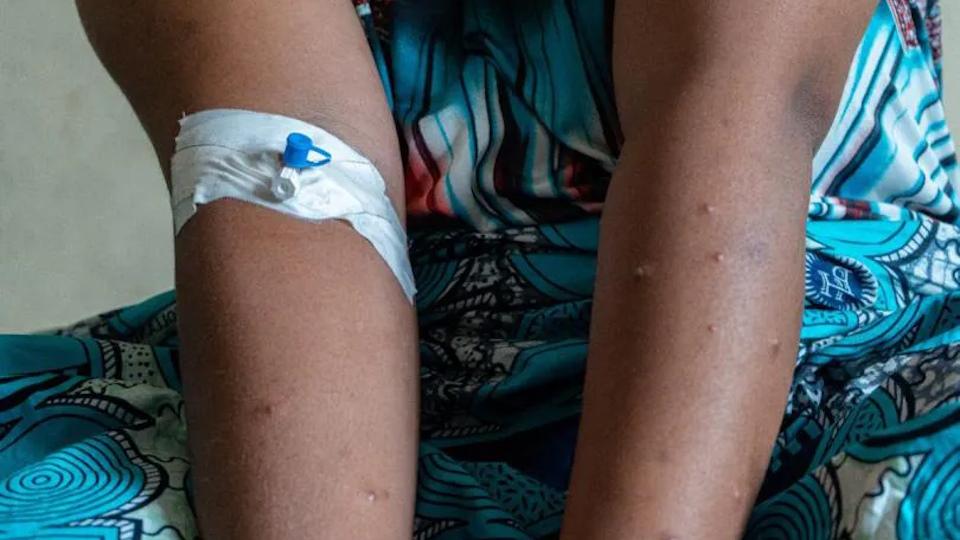As mpox cases rise over 18,000, UNICEF tenders for vaccines

The United Nations Children's Fund (UNICEF) has issued an emergency tender to secure mpox vaccines for countries dealing with the brunt of the outbreak, in collaboration with the Gavi vaccine alliance, Africa CDC, and WHO.
The tender is offering conditional supply agreements for up to 12 million doses of mpox vaccines, depending on the production capacity of manufacturers, through 2025, according to the organisation.
The move comes as suspected cases of mpox in the Democratic Republic of the Congo, which is at the epicentre of the outbreak, have risen above the 18,000 mark. There have also been 628 deaths, with 80% of fatalities involving children.
Three vaccines have been approved by regulators for mpox, namely Bavarian Nordic's Jynneos/Imvanex/Imvamune, Emergent BioSolutions' ACAM2000, and KM Biologics' LC16 – the latter the only one currently licensed for use in children.
The tender process involves UNICEF setting up supply agreements so it can purchase and ship vaccines without delay once funding is secured and an appropriate rollout plan for immunisation programmes is in place. It will also help to manage donations of vaccines from existing stockpiles in other countries.
"Addressing the current mpox vaccine shortage and delivering vaccines to communities who need them now is of paramount importance," said Leila Pakkala, director of UNICEF's supply division. "There is also a pressing need for a universal and transparent allocation mechanism to ensure equitable access to mpox vaccines."
WHO is currently in the process of reviewing data submitted by mpox vaccine manufacturers and is scheduled to make a decision on Emergency Use Listings (EULs) for the shots, a mechanism that allows unlicensed vaccines to be made available early in response to a public health emergency.
It is already reviewing data for the Bavarian Nordic and KM Biologics vaccines, while Emergent Bio said last week it had just filed its shot – which has just been approved for mpox by the FDA – for an EUL.
Around 150 cases of mpox have also been recorded in Burundi, with smaller numbers in other DRC neighbouring countries, and there have also been confirmed cases in Sweden and Thailand.
The upsurge of mpox cases is being driven by two sub-clades of clade I mpox virus – clade Ia and clade Ib – which cause more serious disease than the clade 2 variant that caused an international outbreak a couple of years ago.
The Save The Children charity said yesterday that mpox cases have risen 75-fold children and young people aged under 19 in South Kivu, the most severely impacted province in DRC, with fears the outbreak could worsen as the new school term starts this week.











